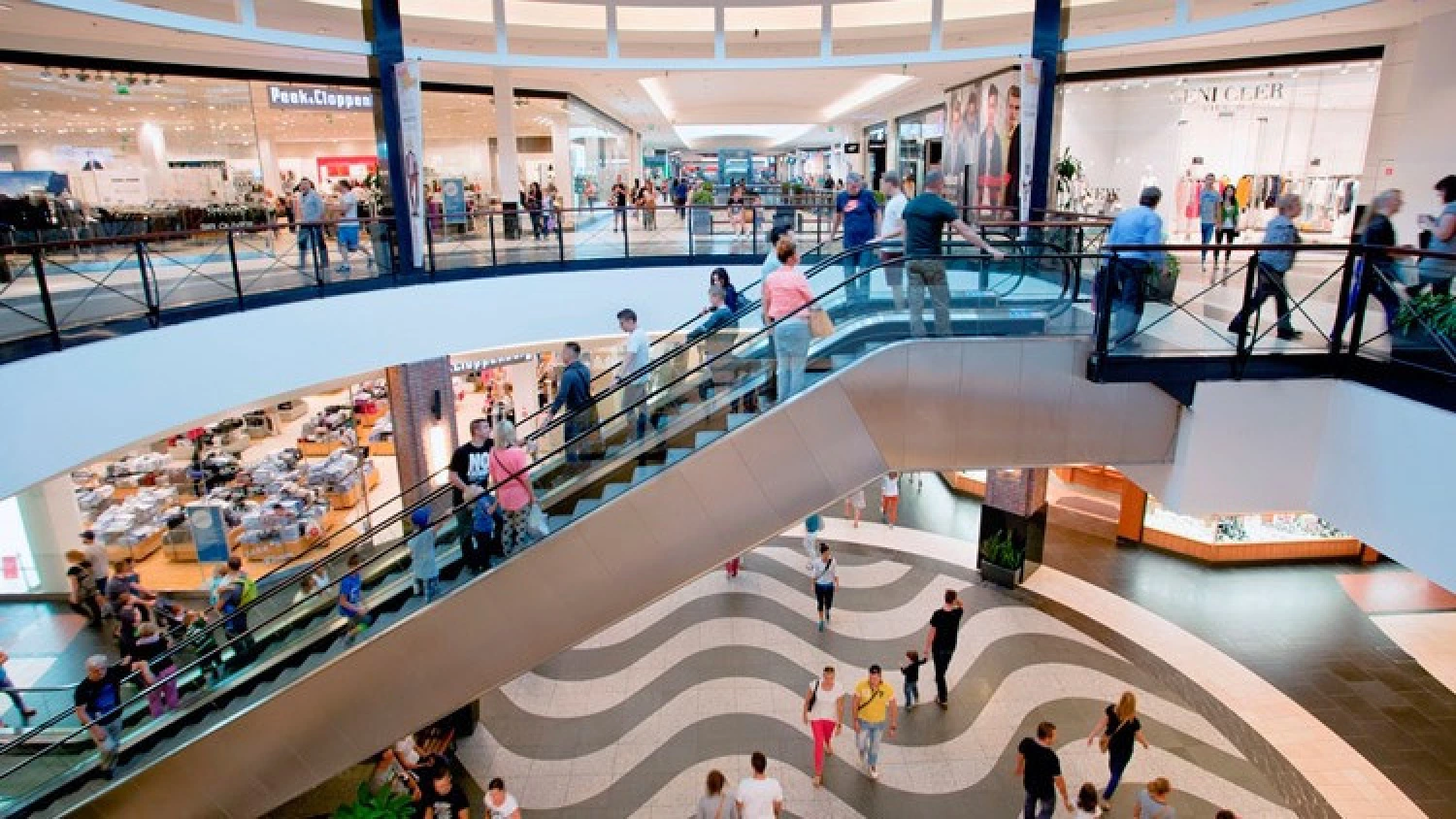
The expected reduction in construction activity in 2019 indicates the maturity of the traditional retail format market. New opportunities for owners and tenants come in the form of mixed-use projects and omni-channel retailing. JLL summarised the Polish retail market in 2018.
Development activity expected to slow in 2019
2018 ended with 435,000 sqm of new retail space being added across all retail formats, with shopping centres accounting for 266,000 sqm of the total. The largest openings this year included Forum Gdańsk in the Tri-City (62,000 sqm), Libero in Katowice (45,000 sqm) and Gemini Park in Tychy (over 36,000 sqm). As a result, Poland’s total retail stock stood at in excess of 14 million sqm by the end of 2018. Shopping centres made up more than 10 million sqm of the total. Retail parks and warehouses came in with 3.9 million sqm while outlet centres accounted for 0.25 million sqm.
“Currently, there is approx. 196,000 sqm of leasable space in the shopping centre format under construction, with delivery dates scheduled for 2019 - this is 40% less than the corresponding period last year. This shows that the market for traditional formats is becoming increasingly saturated, while the needs of Polish customers are undergoing major changes. As a consequence, developers and tenants are increasingly drawn to multi-functional projects, such as the Monopolis complex being developed in Łódź or Elektrownia Powiśle in Warsaw. In addition, along with the market’s maturity, shopping centres are expanding their offers so as to include catering and entertainment amenities as well. At the same time, the proportion of food retailers and DIY stores continues to decline”, says Anna Wysocka, Head of Retail Agency at JLL.
The largest schemes to be opened this year include Galeria Młociny in Warsaw (72,000 sqm), Color Park in Nowy Targ (27,000 sqm) and Stara Ujeżdżalnia in Jarosław (26,000 sqm).
Changes on the retail market
In 2018 retailers were open to stable, but selective expansion throughout the country. Twenty-nine new international brands entered the Polish market last year, a slight increase on 2017, which confirms that Poland is still among the most attractive destinations for retailers. Among those who made their debut in 2018 were: Tempur, Miniso, Tedi, Fit/One, Scotch & Soda, Huawei or Ramen Shop Menya Musashi.
“Last year was characterized by the further development of omni-channel retailing. A number of new retail concepts entered the market, most often combining different distribution channels and advanced digital solutions, such as that of the Ikea store in the Blue City shopping centre in Warsaw, whose new concept made its global debut. Mergers and acquisitions proved to be a long-term trend too, such as OBI DIY who took over a number of locations previously occupied by Praktiker stores, with Carrefour occupying some locations of shuttered Piotr i Paweł delicatessens”, comments Joanna Tomczyk, Research Analyst at JLL.
Prime shopping centre rents remain, unsurprisingly, the highest in Warsaw (up to €130 / sqm / month). Rental levels across regional markets ranged from €42 / sqm / month to €60 / sqm / month.
An all-time record
“According to estimates by JLL, the value of retail investment transactions concluded in Q4 2018 totalled about €360 million, with the full-year result coming in at €2.47 billion. This is an all-time record for the Polish retail investment market ", says Marzena Surmacz, Financial Analyst, Capital Markets, JLL.
The largest retail investment transaction signed in 2018 was a portfolio of 28 assets sold by ARES/AXA/Apollo Rida to Chariot Top Group for around €1 billion. The largest transaction signed in Q4 was Wars Sawa Junior department stores. This prime retail asset in the centre of Warsaw was purchased for €301.5 million by Atrium European Real Estate from a fund managed by CBRE Global Investors.
Prime shopping centre yields achievable for best-in-class, dominant, major schemes in Poland currently stand at 4.9%, while high street yields are at approximately 4.0%. Prime retail parks are expected to reach 6.8%.
“For us, 2018 was a very interesting year in the retail sector. In the last 12 months, the market saw record-breaking interest amongst investors, who finalized transactions for nearly €2.5 billion, the best result in the market’s history. On the other hand, the industry faced a considerable challenge due to the Act on non-trading Sundays, which negatively affected the footfall in shopping centres, but to a lesser extent than many predicted. Interestingly, despite drops in footfall, in general, turnover grew. 2019 will surely be no less interesting. On the one hand, in 2019 the trading ban will expand - trading will be permitted only on the last Sunday of each month. However, the market will become even more diversified with the introduction of new formats and expansion of existing offers”, says Anna Wysocka.



